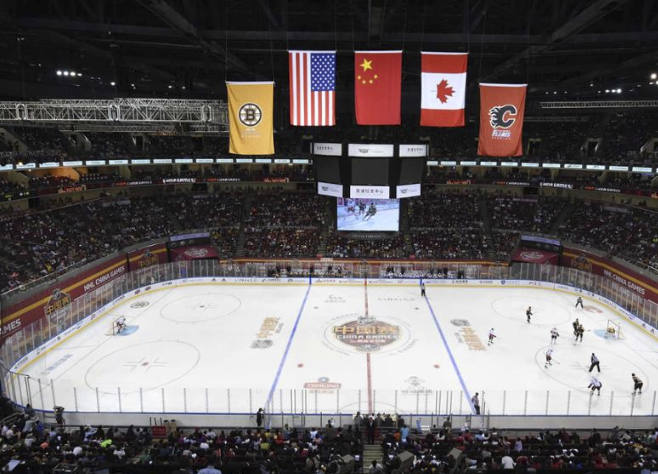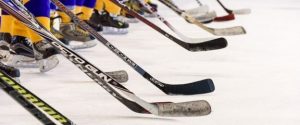NHL plans to check COVID-19 players daily if the game continues (Part 2)

Infectious Diseases Specialist Dr. Amesh Adalja of the Johns Hopkins University Health Security Center is unsure how often athletes should be tested to make sure they are virus-free.
He said testing in German football will help other leagues determine the appropriate frequency, which also depends on the type of quarantine and exposure risks that players will face.

We know that people who have increased contact with each other will have a better chance of spreading the virus and hockey is one of the sports that individuals have a lot of contact with, throwing Adalja. I would say that they will have to be more aggressive than other tournaments in terms of testing.
Although players differ in their overall interest in virus infection by resuming the season, many seem to have been on board with regular testing.
A necessary plan
Representing each day begins to limit the likelihood of being infected with the virus, Edmonton player representative, Darnell Nurse said. If that’s what is needed, that’s what experts in this field and solve these challenges every day, if that’s what they believe is the best option, then that’s how you have to go.
Team mate Connor McDavid and Toronto captain John Tavares, a member of the NHL / NHLPA Return to Play committee, told experts about how often players should be checked. McDavid added, I think you have to check in on times like this and you want to be checked as often as possible to catch it right away.
Daly said a person who tests positive for coronavirus will not necessarily mean another pause for NHL. The Leaguewide test performed daily will allow the isolation of an infected player, coach or employee before the onset of an outbreak.
League and club officials insist they will only use thousands of tests if the numbers do not endanger the public supply, Adalja’s concern for all sports. Bettman said health experts told NHL that by the time the games can resume operations this summer, 25,000-30,000 would be a relatively insignificant number.
Voluntary training and training protocols require PCR testing if available, and Daly said NHL continues to study the potential for antigen testing.
Part of the decision about how cities organized games was the number of COVID-19s available in the community. Bettman hopes the combination of going to a place with fewer venues, checking regularly and putting players in a quarantine bubble means it’s less likely for anyone to sign a contract.








